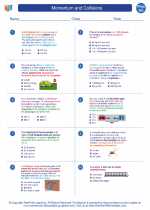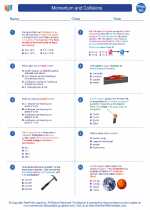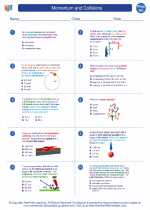Meat
Meat is a primary source of protein and an important part of the human diet. It is derived from animal flesh, such as beef, pork, lamb, and poultry. Meat is rich in essential nutrients including protein, iron, zinc, and B vitamins, making it an important component of a balanced diet.
Types of Meat
There are several types of meat, including:
- Beef: Derived from cattle, beef is a versatile meat used in various culinary dishes.
- Pork: Pork is the meat derived from pigs and is widely consumed around the world.
- Lamb: Lamb meat comes from young sheep and is known for its tender texture and distinct flavor.
- Poultry: This category includes chicken, turkey, duck, and other birds raised for their meat.
Nutritional Value
Meat is a valuable source of essential nutrients, including:
- Protein: Meat is a complete source of protein, providing all the essential amino acids needed for growth and repair of body tissues.
- Iron: Red meat, in particular, is a rich source of heme iron, which is highly bioavailable and important for the production of red blood cells.
- Zinc: Meat contains zinc, an essential mineral that supports immune function, wound healing, and DNA synthesis.
- B Vitamins: Meat is a significant source of B vitamins such as B12, B6, and niacin, which play crucial roles in energy metabolism and neurological function.
Cooking and Safety
Proper cooking and handling of meat are essential to prevent foodborne illnesses. It is important to cook meat to the appropriate internal temperature to kill harmful bacteria. Additionally, proper storage and handling practices are crucial to maintain meat quality and safety.
Environmental and Ethical Considerations
The production and consumption of meat can have environmental and ethical implications. Issues such as deforestation, greenhouse gas emissions, and animal welfare are important considerations in the meat industry. As a result, some individuals choose to reduce their meat consumption or opt for sustainably sourced and ethically raised meat products.
Study Guide
When studying the topic of meat, consider the following key points:
- Understand the nutritional composition of different types of meat and their role in a balanced diet.
- Learn about food safety guidelines related to meat handling, storage, and cooking temperatures.
- Explore the environmental and ethical implications of meat production and consumption.
- Examine cultural and culinary traditions associated with meat consumption in different regions of the world.
By understanding the various aspects of meat, including its nutritional value, cooking practices, and broader implications, you will gain a comprehensive understanding of this important component of the human diet.
.◂Physics Worksheets and Study Guides High School. Momentum and Collisions

 Worksheet/Answer key
Worksheet/Answer key
 Worksheet/Answer key
Worksheet/Answer key
